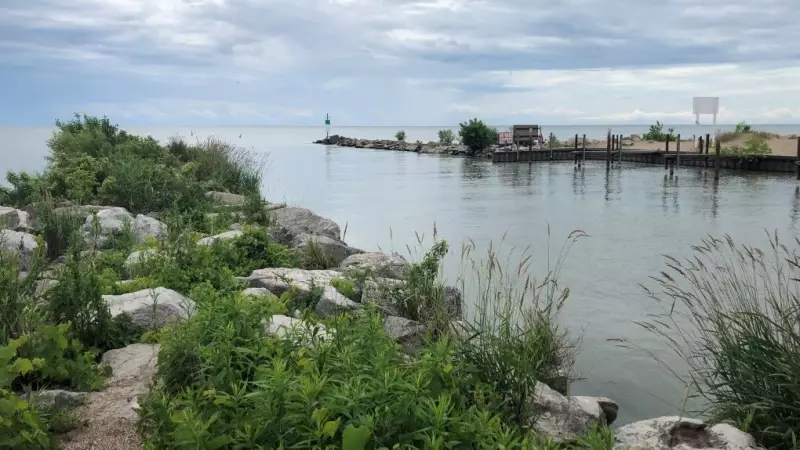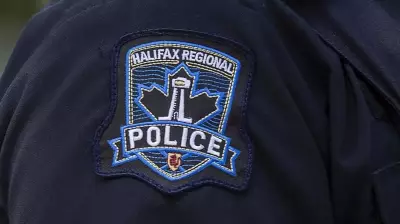
The Kingsville Fire Department has made a significant operational shift that will impact water safety throughout the Essex County region. After years of responding to marine emergencies, the department has officially terminated its boat rescue services.
This decision means that boaters in distress on Lake Erie near Kingsville can no longer rely on local fire services for water-based emergencies. Instead, all marine rescue calls will be redirected to the Canadian Coast Guard and the Ontario Provincial Police (OPP).
Why the Change in Rescue Protocol?
The department's decision stems from growing concerns about responder safety and resource allocation. Fire Chief Bob Kissner emphasized that while his team has historically assisted with water rescues, they lack the specialized training and equipment required for complex marine operations.
"Our primary expertise lies in fire suppression and land-based emergency response," explained Chief Kissner. "Marine environments present unique challenges that require specific training and equipment we simply don't possess."
What Boaters Need to Know
For recreational and commercial boaters in the Kingsville area, this policy change carries important safety implications:
- Emergency contacts: All water emergencies should now be directed to 911, which will dispatch Coast Guard or OPP resources
- Response times: Assistance may take longer to arrive depending on vessel locations and weather conditions
- Self-reliance: Boaters should ensure they have proper safety equipment and communication devices on board
Alternative Rescue Resources
The Canadian Coast Guard maintains a station in nearby Amherstburg, while the OPP marine unit patrols Lake Erie waters. Both agencies have specialized training and equipment for water rescues, including boats designed specifically for emergency response in challenging conditions.
Local officials stress that while the Kingsville Fire Department won't be launching rescue boats, they remain available to assist with shoreline operations and medical emergencies once victims are brought to land.
This policy shift highlights the evolving nature of emergency services in coastal communities and underscores the importance of boaters taking personal responsibility for their safety on the water.






